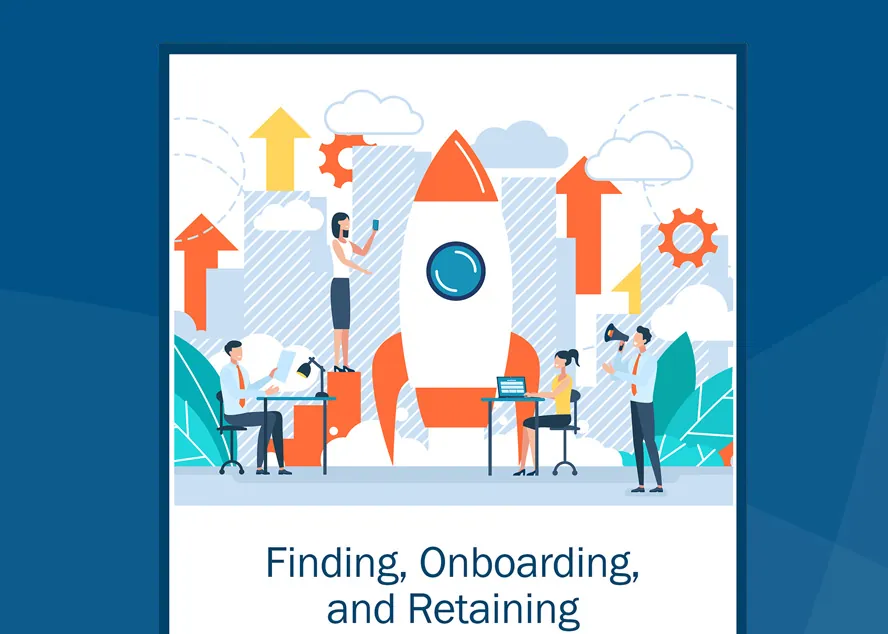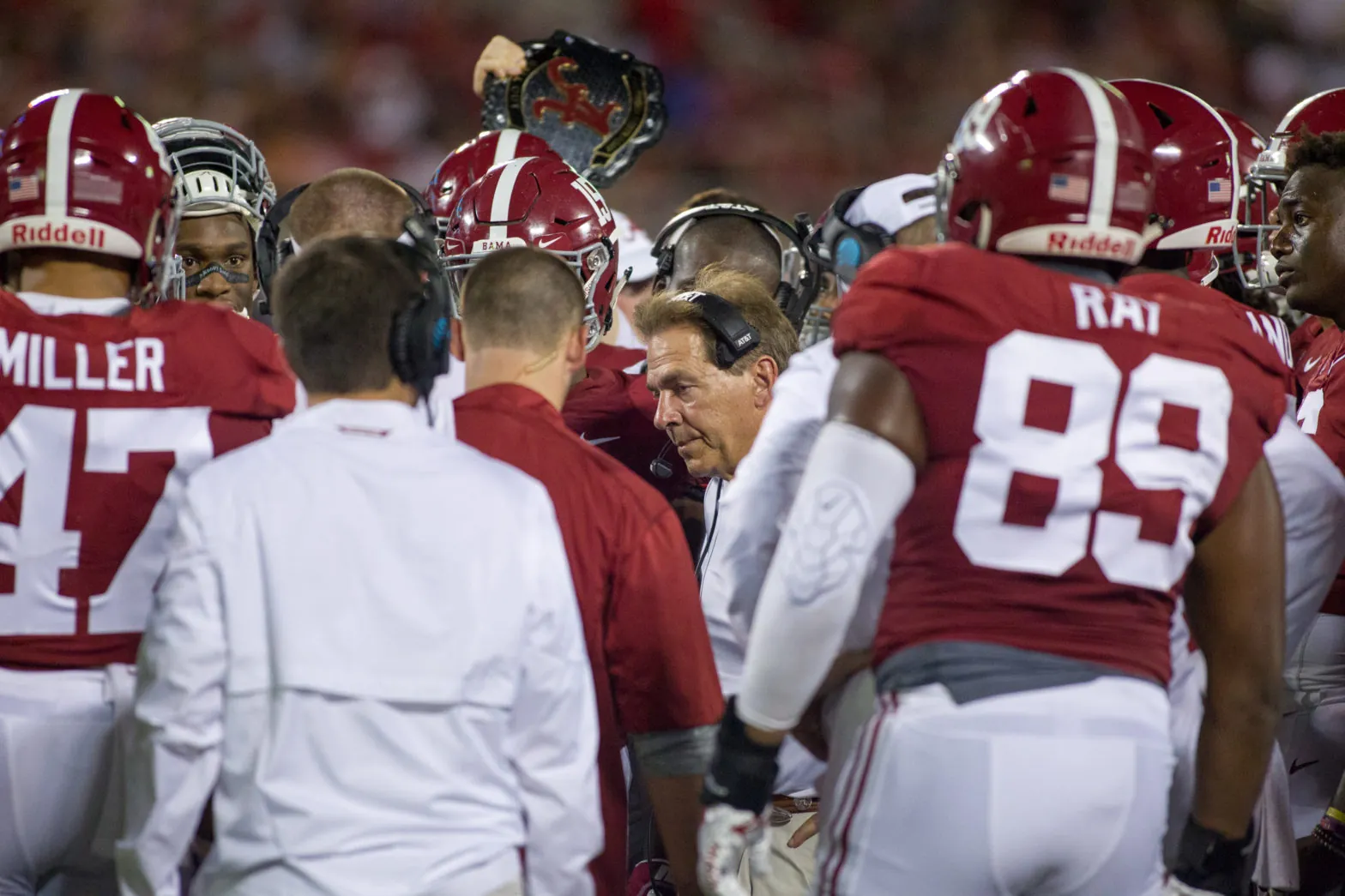Sales Lessons from Jerry Jones and His Dallas Cowboys

The most profitable team in the most competitive sport is the Dallas Cowboys. The success of the Cowboys is not just a story of wins and Super Bowls. It’s a story about salesmanship, partnerships, and profits. Love them or hate them, after 33 years, Jerry Jones built the most valuable sports franchise in the world. If you are in sales, a startup entrepreneur, or a veteran CEO, this article explores the business lessons from Jerry Jones and how you can apply them to take the next step in your journey.
Numbers Do Not Lie
When Jerry Jones purchased the Cowboys in 1989, the team was losing one million dollars a month. He bought the team for a then-record $150 million. The interest payment for his debt was a staggering 11%. Unlike what most people think, he did not purchase a cash cow. The team had severe cash flow issues that had to be addressed.
The first thing Mr. Jones did was zero in on cash flow. The apparent solution was reducing overhead. The more complicated challenge was creating new revenue. Since 1960, the Cowboys have relied on income from TV, ticket, and merchandise sales. Jones’ first move was to find new revenue partners. At the time, the Cowboys only had a single sponsor, a company that advertised in their media guide.
Before purchasing the Cowboys, Jones learned sales from his father, who owned a grocery store and an insurance business. He went to work selling the sponsorship. He was able to generate multiple streams of revenue that were not there before. Today, the Cowboys have sponsorship deals with Pepsi, Ford, and Miller Brewing Company.
Looking back at his early business decisions today, they seem uncomplicated. But firing the long-time coach and trading your best player were not popular decisions. Replacing the General Manager and assuming those duties were unpopular as well. However, his willingness to challenge the status quo and his creativity to find new revenue made the Dallas Cowboys the most valuable team in sports history.
The numbers speak for themselves. The Dallas Cowboys are the most valuable franchise in the NFL, with a franchise value of eight billion U.S. dollars. They generate the most revenue, 1.09 billion U.S. dollars in revenue, and sell the most tickets. In 2021, attendance averaged 93,421. That’s over 15,000 spectators more than the second-placed team, the Green Bay Packers.
A Vision Planned With Precision
Jerry Jones always wanted to own a football team. Even in his late twenties, working for his father’s insurance company, he would hang out at team hotels hoping to meet an NFL owner. Eventually, Jones met Joe Robbie, owner of the Miami Dolphins. He flew down to Miami and told Robbie he wanted to buy an NFL football team. Meeting Robbie led to a meeting with Lamar Hunt, owner of the Kansas City Chiefs, and discussing the financials of the team and the league.
Think about how extraordinary this is. Jerry Jones discovered the hotel where NFL owners conducted their meetings and not only showed up, but turned that into an appointment with an NFL owner. How many times, as salespeople, have we been to an industry trade show and left with no new contacts? Jerry Jones was not spending time hanging out at hotel bars. He was investing time, meeting the right people.
Jerry Jones didn’t purchase an NFL team in his twenties. That took another twenty years. But those early meetings provided insights into new revenue opportunities with sponsorship, TV deals, and state-of-the-art stadiums. In other words, Jerry Jones was working on his vision twenty years before it became a reality.
I don’t know if Jerry Jones ever met Jim Rohn, but his actions remind me of the Law of Diminishing Intent. This law states that the longer you wait to do something without taking action, the greater the odds it will never get done. As sales professionals, how often do we think of doing something, then wait, contemplate, and debate until we end up doing nothing? That is a lesson for sales and everyday life.
The most significant risk we often face is not failing, but doing nothing. We’ve learned from working with high-performing sales organizations that they always have a detailed action plan behind their success. Jerry Jones recognized that his results would only be as good as his actions. He also knew that if he wanted different results, he’d have to do things differently.
Embed from Getty ImagesUnderstand the Value of Things
The previous Cowboys owner saw a team losing a million dollars a month. Jerry Jones saw a billion-dollar sports franchise. Jones had to empty his bank accounts to purchase the team, but he recognized the untapped value of NFL teams back when they were relatively cheap. As Warren Buffett says, “Price is what you pay, value is what you get.”
Here is a story that demonstrates how well Jones was at uncovering value: A player approached Jones once for advice about an investment opportunity. The deal involved a car dealership. If the player invested in the dealership, they could share in the profits. Jerry’s reply was, “No, no, no. You earned your name to be what it is. You go back and tell that guy you’re not putting one penny down, and you’re taking 50 percent.”
Create an Unfair Advantage With Affinity
Jerry Jones entered the business of football knowing that ancillary revenue opportunities were the opportunity. Today the Cowboys have ancillary businesses with hotels, gyms, shared workspaces, restaurants, and venue management. Unlike other companies that focus on building their brand, the Cowboys have always had a different approach.
“A brand is something ranchers do to cattle, so they can tell them apart. We’re not that. Here, with the Dallas Cowboys, we separate ourselves.” said Charlotte Jones, Vice President, and Jerry Jones’ daughter. Inside the organization, they call it “The Cowboy Way.” Whether it was selling Cowboys merchandise, Cowboys tickets, sponsorships, or whatever Jones could sell, that revenue was created from affinity. For Jerry Jones, affinity means an emotional connection to his team.
How strong is their affinity? The Cowboys generated an operating income of $466 million in 2021, double the next closest team, the New England Patriots, at 231 million dollars. To put that in perspective, only three teams had operating income over $200 million (Patriots, Texans, and Rams). The other 28 teams generated less than $200 million in operating revenue.
In Conclusion
Jerry Jones has the business acumen that turned a 150 million dollar investment into the highest-valued sports franchise in the world. For salespeople, entrepreneurs, and executives looking to grow their sales and increase their profits, the Dallas Cowboys and Jerry Jones provide the blueprint.
The Cowboys have not won a Super Bowl since 1996. Since then, the New England Patriots have won six, Denver Broncos three, New York Giants, Green Bay Packers, and Baltimore Ravens two. Sports fans can debate the question, “Is Jerry Jones the right general manager for the Cowboys?” But this article isn’t about winning Super Bowls. This article is about maximizing sales and profits. Even without a Super Bowl in twenty-four years, Jerry Jones, the salesperson, is in a league all by himself.
Have a different opinion about the Cowboys? Post a comment below. We’d love to include you in the conversation.

- Account Planning (11)
- Awards (49)
- Client Testimonial (37)
- Personal Branding (19)
- Podcast (11)
- Research (70)
- Sales Career Development (87)
- Sales Coaching (156)
- Sales Consulting (137)
- Sales Culture (170)
- Sales Enablement (354)
- Sales Leadership (109)
- Sales Management (248)
- Sales Negotiation (16)
- Sales Prospecting (125)
- Sales Role-Playing (18)
- Sales Training (235)
- Selling Strategies (263)
- Soft Skills (70)
- Talent Management (94)
- Trusted Advisor (27)
- Virtual Selling (49)
- Webinar (9)


























